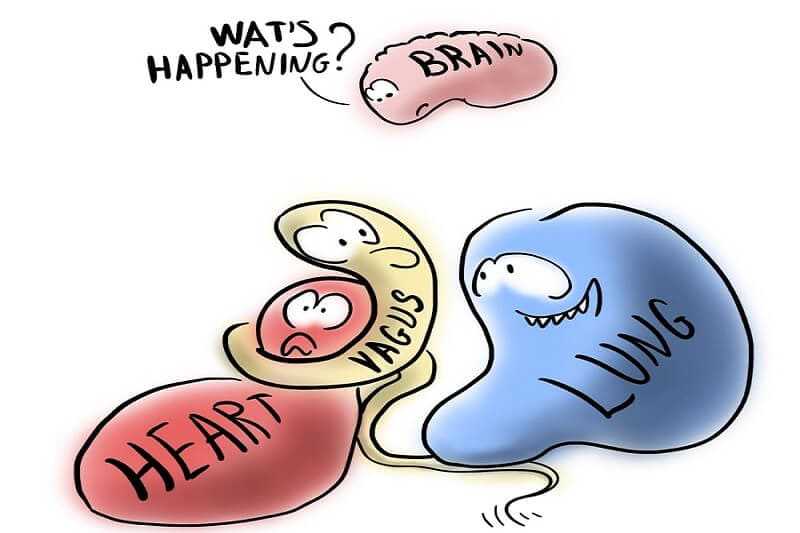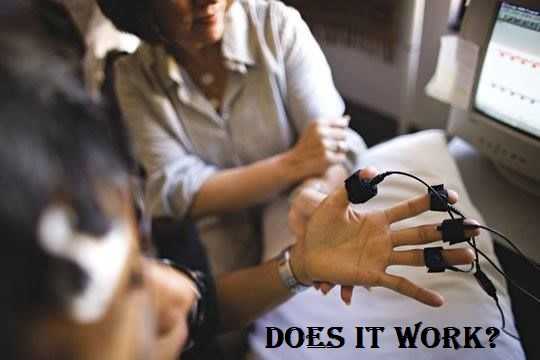What is TMJ?
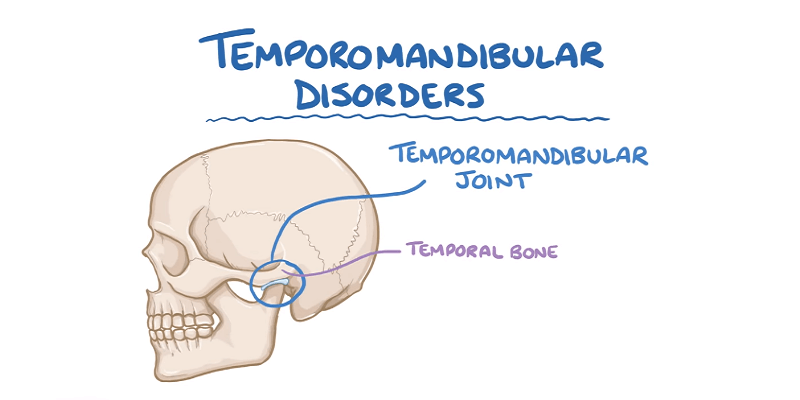
Temporomandibular Joint disorder (TMJ or sometimes called TMD) is an inflammation of the temporomandibular joint, a small joint located near the ear where the skull and lower jaw (mandible) meet. TMJ treatment is often prescribed when there is difficulty moving the jaw side to side or up and down. Chewing, talking and yawning are all directly related to that joint.
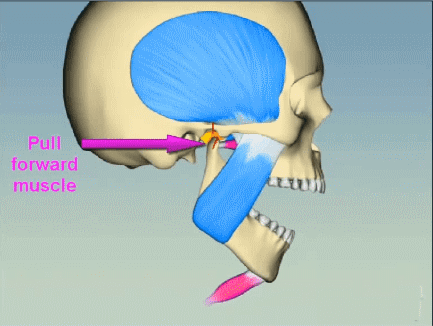
You can feel the joint by putting your fingers near the front of your ear and feel for the lower jaw. Open and close your mouth while putting light pressure on the joint. There is a wide variety of TMJ treatment to address any discomfort when performing that movement.
TMJ can happen when there are problems with the jaw, facial muscles that move the jaw, or the jaw joint itself. Very often the cause is a bad bite, when the teeth do no align properly. Symptoms can include:
- Clicking or popping sounds
- Hearing difficulty
- Ringing in the ears
- Aches or pains in the face
- Difficulty chewing
- Headaches or earaches
- Neck pain
- Shoulder pain
- Tingling in the hands
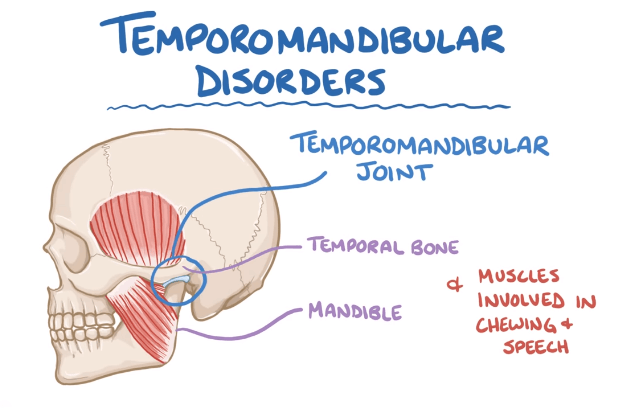
You may get tiredness in your face or swelling on one side. Some people experience dizziness. Be on the lookout for toothaches or sensitive teeth, clenching of the teeth and jaw, and bruxism (teeth grinding). Your eyes may be blurry or even bloodshot which could indicate TMJ treatment. There may be general eye pain around the eyes. Be aware of possible pressure behind the eyes, watery eyes or sensitivity to light—TMJ treatment can address these issues.
Some patients experience arthritis–your dentist will look at your medical history and advise on TMJ treatment. X-rays may be in order or even an MRI. Some patients will undergo a computer tomography (CT) scan. With these tools it can be determined which TMJ treatment will solve soft tissue injuries or other damage to the area.
Don’t feel alone. Millions of people complain of these symptoms every year as they search for proper TMJ treatment. This part of the jaw is used for talking, chewing and swallowing so it suffers a lot of abuse. Any small misalignment can eventually mean pain shooting all the way down to the shoulders and beyond. TMJ treatment will look at all the factors and decide the best course of action for each patient.
For serious cases you may be referred to an oral surgeon. They are specialists trained in all aspects of TMJ treatment. (You may hear them referred to as an oral and maxillofacial surgeon). They can handle surgery of the mouth, jaw or entire face. Their staff will explain the best TMJ treatment to you.
More and more research is also pointing to the mind body connection. Stress is a huge problem that can lead to TMJ treatment. In this fast paced world we often are not aware of the insidious nature of stress on our body. Life events such as divorce, job loss, and money problems are prime candidates to create problems leading to possible TMJ treatment. The current economic downturn is a perfect example. Surveys show patients needing TMJ treatment are up 10-20% on average.
Don’t suffer in silence if you need TMJ treatment. Whether the cause is physiological or psychological, there is an army of medical specialists trained in all aspects of TMJ treatment and diagnosis ready to help you and your family. Get started on your journey to pain-free living by seeking the proper TMJ treatment today.
Facebook
Google+
Twitter
Pinterest
Reddit
StumbleUpon


